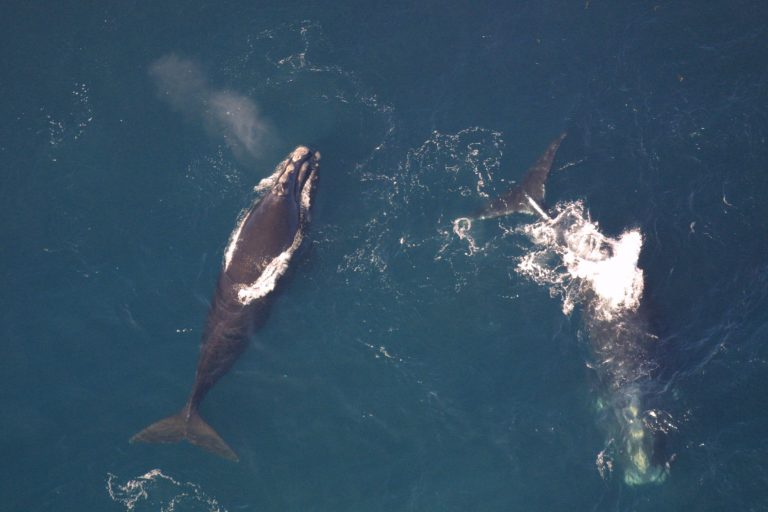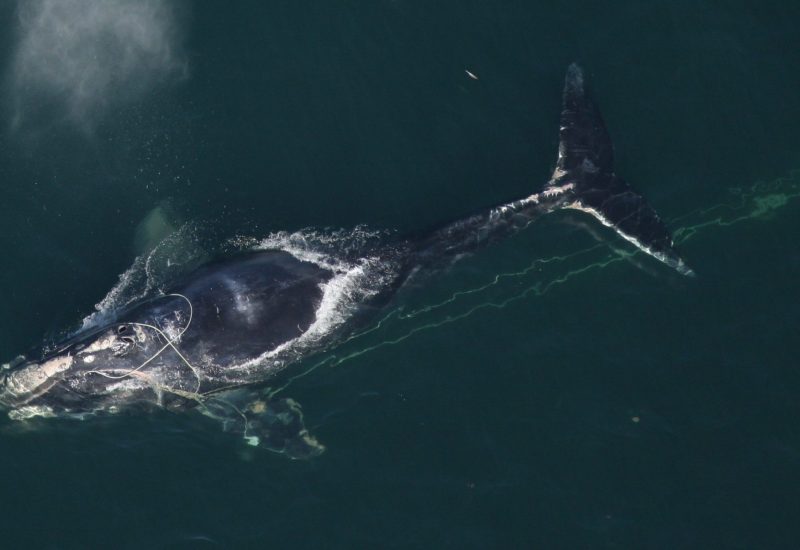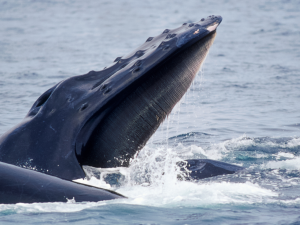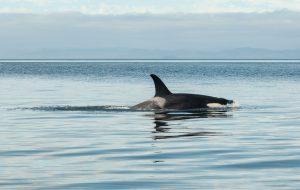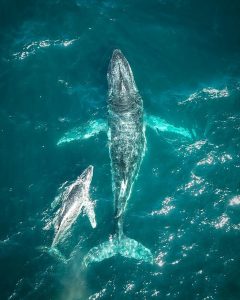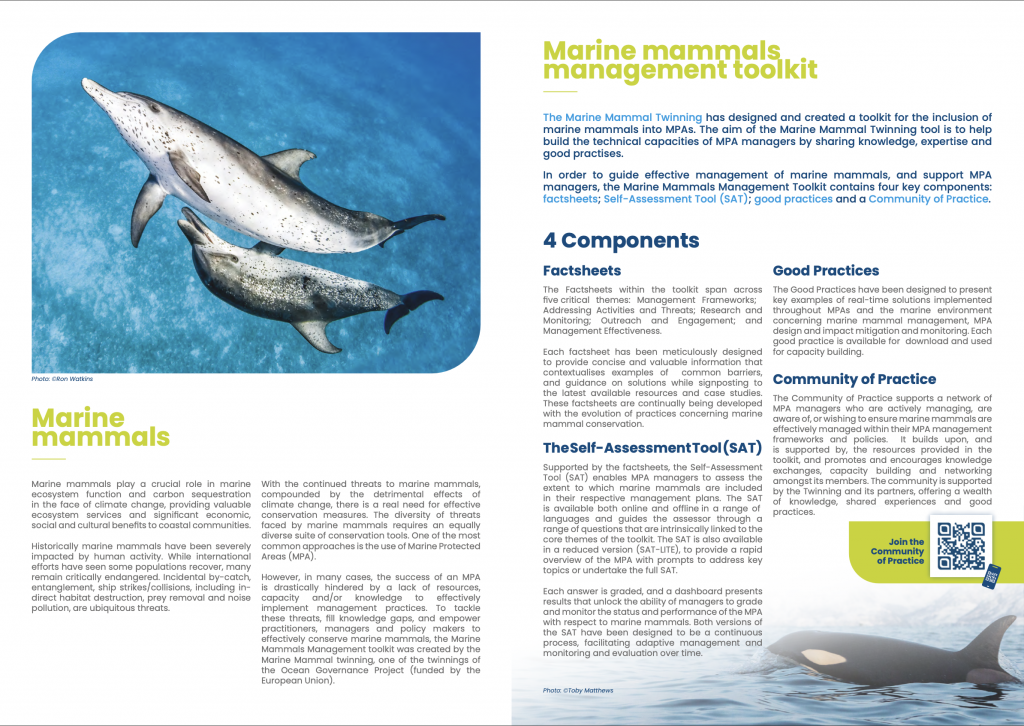A new study provides insight into North Atlantic right whale calf survival, growth rates, and life history, demonstrating the power of genetic sampling for this critically endangered species.
The study, led by the New England Aquarium analysed all North Atlantic right whale calves born between 1988 and 2018 and categorised the animals based on genetic samples and photo identification. The researchers focused on 13 case studies of right whales that required genetics to track their life history data. Scientists were able to determine the ages of 12 whales, matched 11 with their birth mothers, and determined that four calves previously thought to be dead had in fact survived.
The results underscore the importance of vessel-based surveys for genetic sampling of right whales calves on the calving ground while they are still associated with their mothers. A cautionary note is also provided by the authors, that, because growth rates, weaning times, and mother–calf associations are so variable, genetics should be combined with photo-identification whenever possible to accurately detect this variability.
